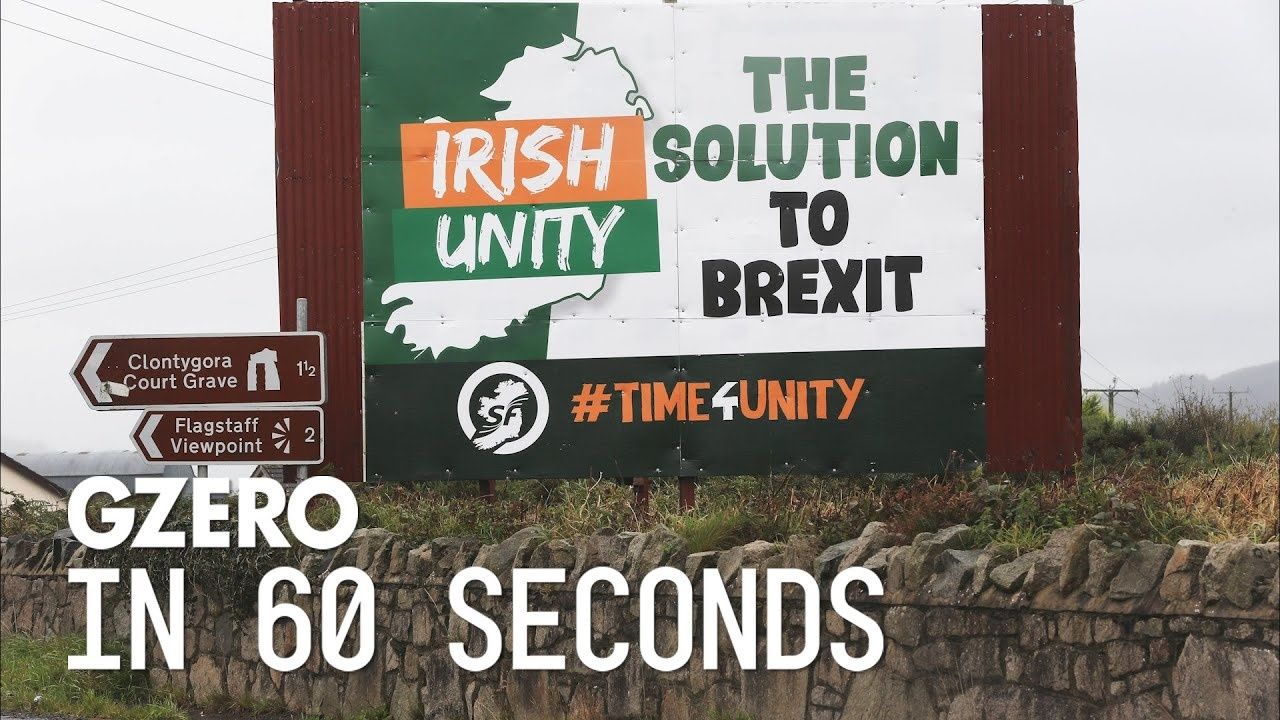
What are the EU and UK positions on the Irish backstop?
Lord William Hague: In a sentence, the UK position is that there should be a customs border between Northern Ireland and the Republic of Ireland. But you manage it remotely, sensitively. The EU and Irish position is you can't have a border at all, a customs border even managed away from the border.
David Miliband: The backstop is what Theresa May described as an insurance policy against the failure of the UK and the European Union to agree on a comprehensive set of trade arrangements that would govern future UK-EU relations, after we have not just left but left the transition from the current state of affairs to a future one. At this backstop was at the heart of the withdrawal agreement that she agreed. And it's an insurance policy against the recurrence of a hard border on the island of Ireland, between the Republic of Ireland and Northern Ireland. The backstop insisted or required that in the event that there wasn't a comprehensive trade agreement between the UK and the EU after the transition period, then Northern Ireland would effectively remain within the single market and the Customs Union of the European Union. In the case of the Customs Union, so would the rest of the United Kingdom. It thereby would ensure that there were no new border checks on the island of Ireland.